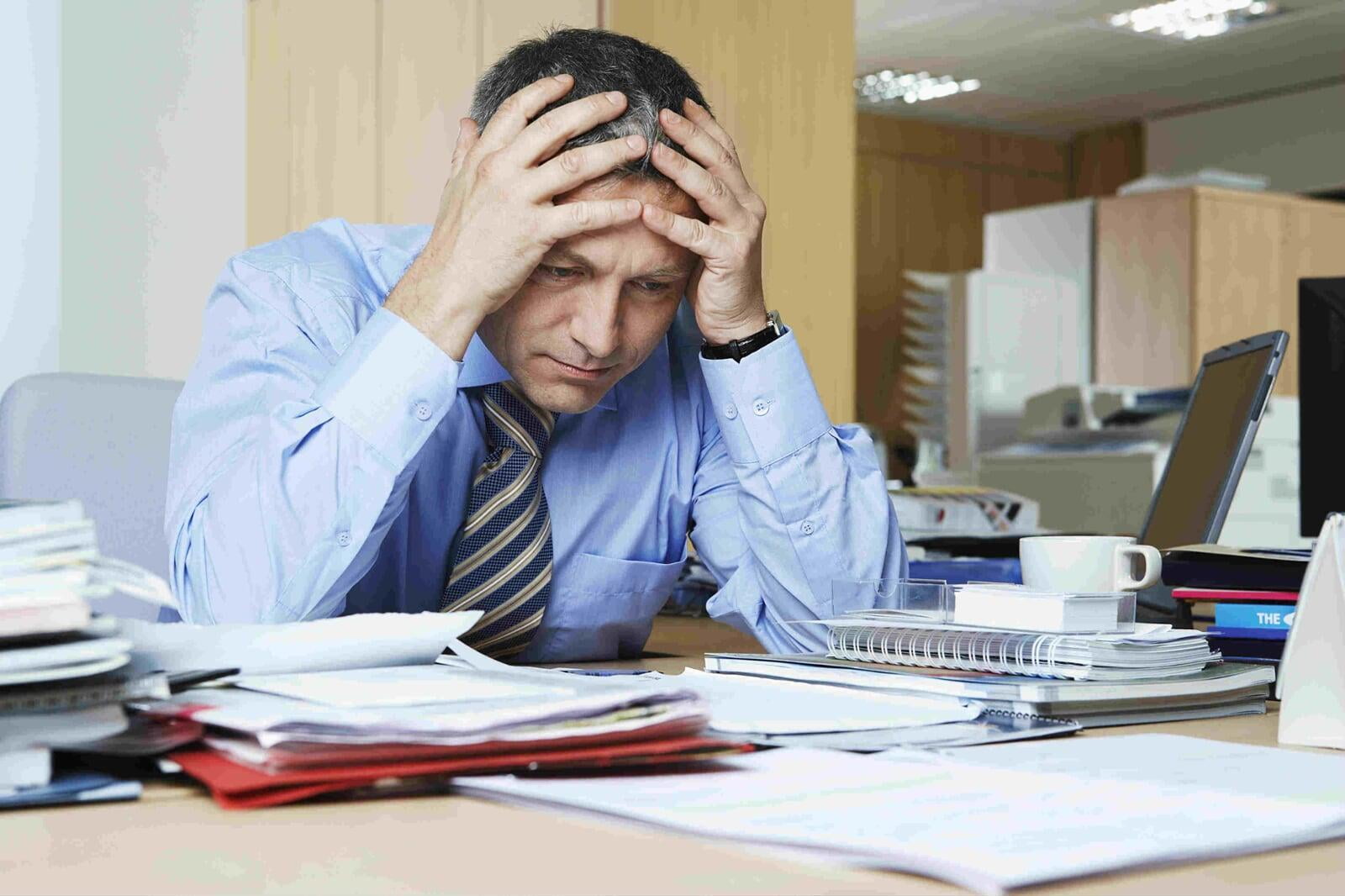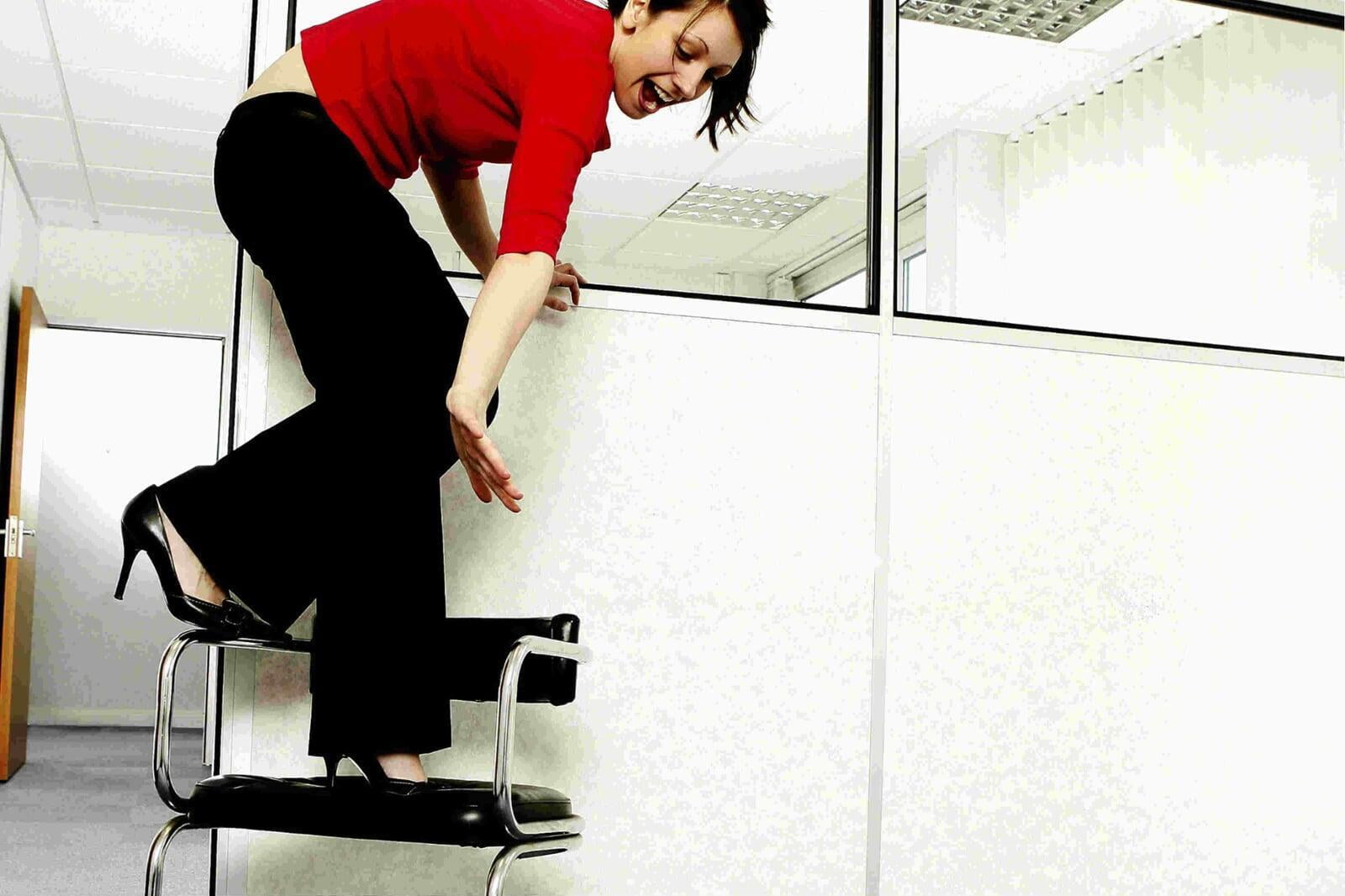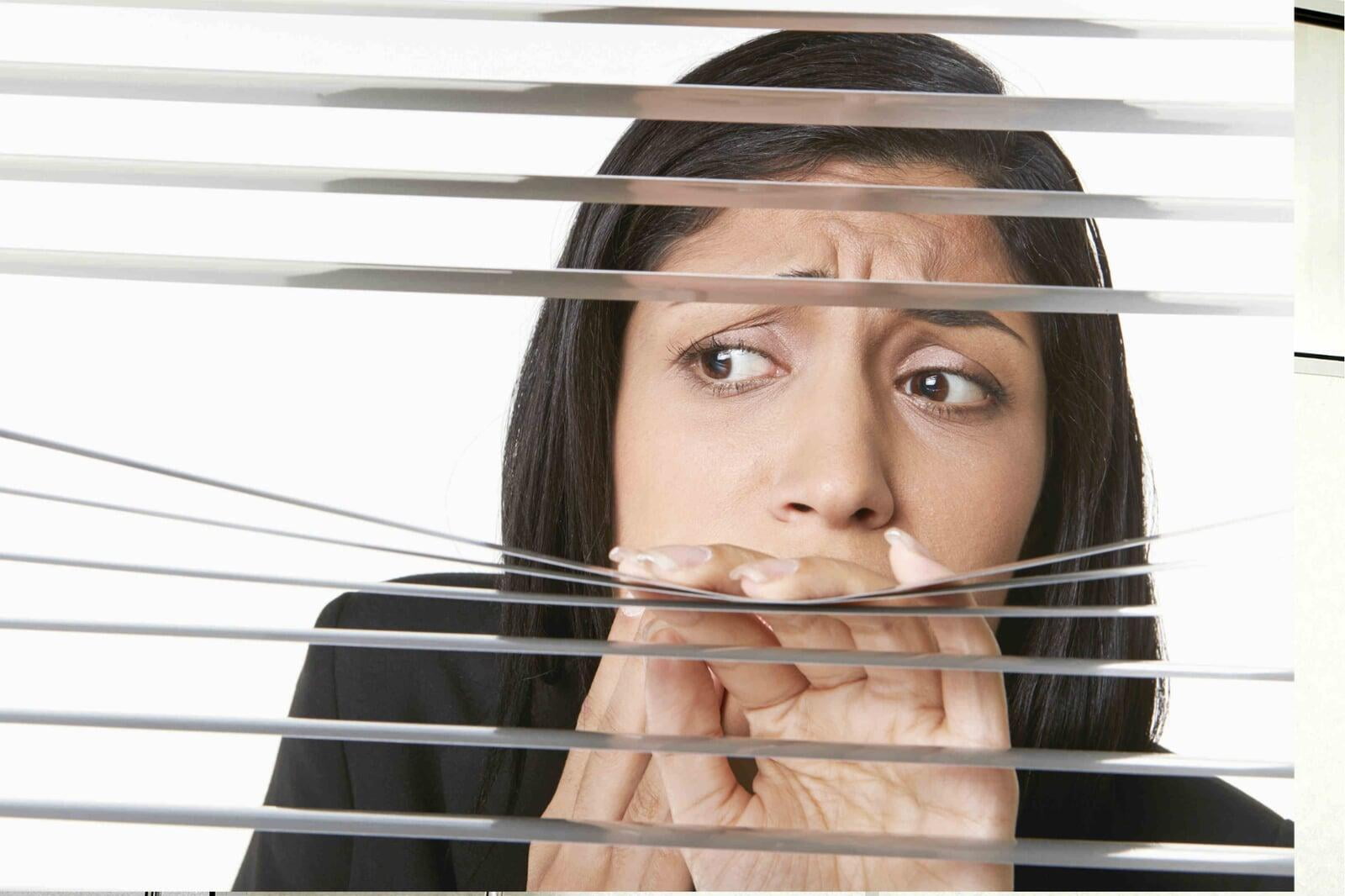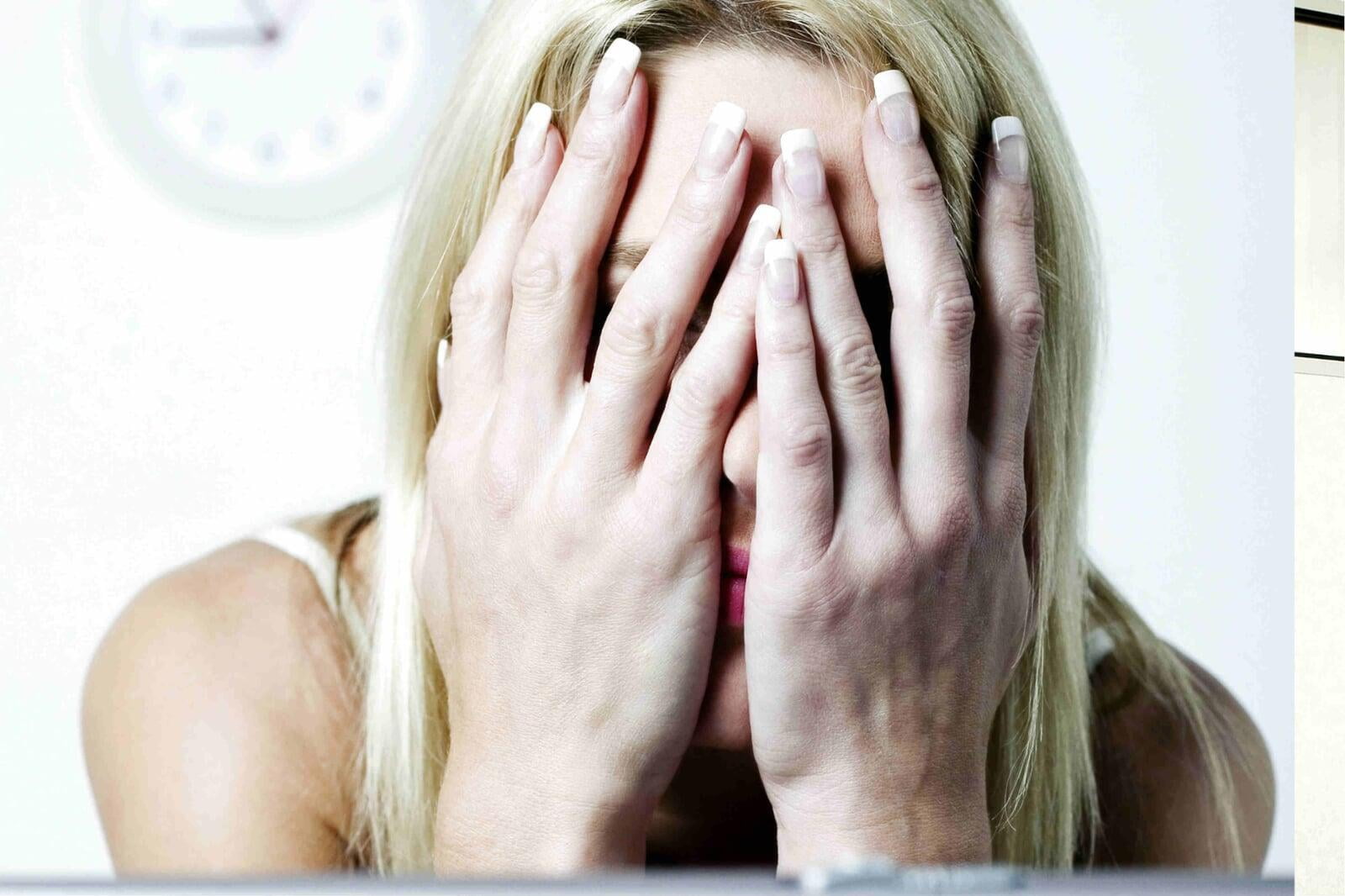Anxiety Disorders Treatment
Anxiety disorders are quite common in adults. Living with anxiety can be incapacitating and can make it difficult to lead a normal life. It’s a feeling of extra anxious when facing a challenging situation, such as a tough exam, a job interview, or a critical situation to make decision. But if your fears and worries are preventing you from living your life the way you’d like to, you may be suffering from an anxiety disorder. Various type of anxiety disorders are seen today but don’t worry, here at Alpha Psychiatric Associates, we provide care and many effective treatments and self help strategies for adults suffering from different anxiety disorders.
Symptoms of Anxiety Disorders
Anxiety disorders can look like very different from persons to person so actually there are a group of related conditions rather than a single disorder. Someones may suffer from extraordinary anxiety attacks that initiate without warning, some individuals may struggle with a disabling fear of driving, or uncontrollable, intrusive thoughts. Someone else gets panicky at the thought of mingling at a party. Yet another may live in a constant state of tension, worrying about anything and everything. But all anxiety disorders share one major symptom is persistent or severe fear or worry in situations where most people wouldn’t feel threatened.
Emotional symptoms of anxiety
- Irrational and excessive fear and worry
- Feelings of apprehension or dread
- Anticipating the worst
- Watching for signs of danger
- Trouble concentrating
- Irritability
- Feeling tense and jumpy
- Feeling like your mind’s gone blank
Physical symptoms of anxiety
- Headaches
- Pounding heart
- Stomach upset
- Sweating
- Dizziness
- Shortness of breath
- Insomnia
- Shaking or trembling
- Frequent urination or diarrhea
- Muscle tension or twitches

Symptoms of an Anxiety Attack
Anxiety attack also known as panic attack, because attacks are episodes of intense panic or fear. Anxiety attacks usually occur suddenly and without warning. Sometimes there’s an obvious trigger for example getting stuck in lift or thinking about the big speech you have give but in otherwise attacks come out of the blue.
Symptoms of an Anxiety Attack
Anxiety attacks usually staying within 10 minutes, and they rarely last more than 30 minutes. But during that short period of time, the extreme fear can be so severe that you feel as if you’re about to die or totally lose control. The physical symptoms of anxiety attacks are themselves so frightening that many people believe they’re having a heart attack. After recover the anxiety attack, you may be worried about having another one, especially in a public place where help isn’t available or you can’t easily escape.
- Surge of overwhelming panic
- Trouble breathing or choking sensation
- Feeling of losing control or going crazy
- Feeling like you’re going to pass out
- Heart palpitations or chest pain
Types of Anxiety Disorders
There are six major types of anxiety disorders, each have specific symptoms and treatments are available. That are generalized anxiety disorder, anxiety attacks (panic disorder), obsessive-compulsive disorder, phobia, social anxiety disorder, and post-traumatic stress disorder.

Generalized anxiety disorder
If you distracted by constant worries and fears in day to day activities, or your are troubled by a persistent feeling that some problems going to happen, you may be suffering from generalized anxiety disorder (GAD). People with generalized anxiety disorder are chronic worrywarts who feel anxious nearly all of the time, but they may not even know why. Anxiety related to generalized anxiety disorder shows up as physical symptoms like stomach upset, insomnia, restlessness, and fatigue.
Obsessive-compulsive disorder
Obsessive-compulsive disorder or OCD is another variation of anxiety disorder is characterized by unwanted thoughts or behaviors that seem impossible to stop or control. If anyone struggle with OCD, he may be troubled by obsessions, such as a recurring worry that he forgot to turn off the oven or that he might hurt others. He may also suffer from uncontrollable compulsions, such as washing your hands over and over.


Phobias and irrational fears
Anxiety disorder shows different types of phobias, it is an unrealistic or exaggerated fear of a specific object, activity, or situation that in reality presents little to no danger. Common phobias include fear of animals, fear of flying, and fear of heights. In the case of a severe phobia, you might go to extreme lengths to avoid the thing you fear. Unfortunately, avoidance only strengthens the phobia.
Social anxiety disorder and social phobia
When an adult suffers from social anxiety disorder, or social phobia, they have unrealistic and intense fears of social situations. The anxiety typically stems from a fear of being closely watched and judged or criticized. This disorder oftentimes goes hand in hand with panic attacks and individuals suffering will go to great lengths to avoid social situations. Performance anxiety (better known as stage fright) is the most common type of social phobia. Our treatment consists of psychological counseling and in some cases the use of antidepressants to reduce the anxiety and depression associated with the disorder.


Post-traumatic stress disorder
Post-Traumatic stress disorder or PTSD is an extreme anxiety disorder, It occurs in the after of a traumatic or life threatening event. Rarely PTSD becomes a panic attack, if ever, lets up. The main symptoms of PTSD includes flashbacks or nightmares about what happened, withdrawing from others, hypervigilance, starting easily, and avoiding situations that remind you of that event.
Post-traumatic stress disorder
Panic disorder is a serious condition that can strike at any moment without warning. The symptoms in adults include sudden attacks of fear and nervousness. When an individual is suffering from a panic attack, he or she may have trouble breathing, experience a pounding heart or intense chest pain, be sweating, have an overwhelming feeling of dread, feel like he or she is going to die, etc.
These attacks typically last about 10 minutes. Panic disorder is characterized by repeated, unexpected panic attacks, as well as fear of experiencing another episode. A panic disorder may also be accompanied by agoraphobia, which is the fear of being in places where escape or help would be difficult in the event of a panic attack. If you have agoraphobia, you are likely to avoid public places such as shopping malls, or confined spaces such as an airplane. Panic disorder and panic attacks are treatable conditions, and the earlier one seeks help, the better. Treatment can consist of cognitive behavioral therapy, exposure therapy, and in severe cases, medication.

Treatment for anxiety disorders
Much progress has been established in the last two decades in the treatment of people with mental illnesses, especially anxiety disorders. Anxiety disorder quickly respond very well to therapy and often in a comparatively short amount of time. The specific treatment approach depends on the type of disorder, one or a combination of the following therapies may be used for most anxiety disorders.
Therapy for anxiety disorders
Cognitive-behavioral therapy and exposure therapy are types of behavioral therapy, meaning they focus on behavior rather than on underlying psychological conflicts or issues from the past.
✔️Cognitive Behavior Therapy
In anxiety treatment, cognitive behavioral therapy helps you identify and challenge the negative thinking patterns and irrational beliefs that fuel your anxiety. Cognitive behavioral therapy is a highly effective means of therapy because it teaches an individual to think in a healthy way. Those dealing with mental illnesses learn to replace negative and discouraging thought patterns with positive ones. cognitive behavioral therapy also focuses on person’s reactions and aims to change unhealthy behaviors. This type of therapy can be adapted to treat a wide range of mental disorders
✔️Exposure Therapy
Exposure therapy for anxiety disorder treatment encourages you to confront your fears in a safe, controlled environment. Through repeated exposures to the feared object or situation, either in your imagination or in reality, you gain a greater sense of control. As you face your fear without being harmed, your anxiety gradually diminishes.
✔️Psychotherapy
Psychotherapy is a type of counseling, It addresses the emotional response to mental illness. Psychotherapy is a process in which trained mental health professionals help people by talking through strategies for understanding and dealing with their disorder.
✔️Dietary and Lifestyle Changes
✔️Relaxation Therapy
Medication for anxiety disorders
If you have anxiety that’s severe enough to interfere with your ability to function, medication may help relieve your symptoms. However, anxiety medications can be habit forming and cause unwanted side effects, so be sure to research your options. Many people use anti-anxiety medication when therapy, exercise, or self-help strategies would work just as well or better—minus the side effects and safety concerns. It’s important to weigh the benefits and risks of anxiety medication so you can make an informed decision.
Prevention of anxiety disorders
Anxiety disorders cannot be prevented. however, there are some things you can do to control or leads to better life.
- Stop or reduce usage of products that contain caffeine, such as, tea, cola, coffee, energy drinks, and chocolate.
- Ask your doctor or pharmacist before taking any over-the-counter medicines or herbal remedies. Many contain chemicals that can increase anxiety symptoms.
- If you start to regularly feel anxious attend a counseling and seek support
All THE THINGS YOU MUST KNOW ABOUT ANXIETY DISORDER
Everyone feel anxious when faced with a problem – it’s a part of our life.But anxiety disorder involve more than normal stress and anxiety/fear appears.it is differ from normal mental illness, which affects a lot of people.This kind of emotional and mental problems are directly affect on your health. It’s treatable and number of treating techniques are currently available.
Dealing with Anxiety disorder raises medical problems like heart disease,diabetes,substance abuse and depression.Anxiety disorders affect one out of five american adults in each year. Any kind of emotional or mental abuse take place is going to affect your health. Other than that, the way you see yourself, and how much worth you believe you have, will suffer greatly. Anxiety disorder caused by genetic factors, but it can be caused by many other factors too.It’s unhealthy to survive yourself with these kinds of people, or to stay in a relationship with them.
TYPES OF ANXIETY DISORDERS
There are many anxiety disorders, but it all shares same symptoms of stress and fear. Anxiety disorder contains different conditions given below:
1.Panic Disorders
Panic disorders involves repeated episodes of sudden feelings of intense anxiety. That reach at the peak level within seconds, called panic attacks. it may have feelings of breath shortness,Impending doom,chest pain.These panic attacks lead to worrying about them happening again.what causes panic attacks? The causes are not clearly understood. But anxiety symptoms in women are twice than anxiety symptoms in men according to the national institute of mental health.symptoms of stress and anxiety is interfering with your daily life.You can also learn more about the Things You Should Know About Anxiety Disorder.
- Racing heart
- Feeling weak, faint or dizzy
- Tingling or numbness in the hands and fingers
- Chest pains
- Sense of terror or impending death
- Feeling loss of control
- Breathing difficulties
- Feeling sweaty or having chills
- Fear of situations where you may be judged
- Worrying about embarrassing or humiliating yourself
- Intense fear of interacting or talking with strangers
- Fear about what others will notice
- Cause embarrassment due to the fear of physical symptoms, such as blushing, sweating, trembling or having a shaky voice
- Speaking to people with fear and and avoiding things with embarrassment
- Avoiding situations where you might be the center of attention
- Arising anxiety of a feared events or activities
- Lasting a social situation with fear and anxiety
- After a social situation analyzing performance and identifying mistakes in your interactions
- Expecting opposite consequences from a negative experience during a social situation
- A feeling of imminent danger or doom
- The need to escape
- Heart palpitations
- Sweating
- Trembling
- Shortness of breath or a smothering feeling
- A feeling of choking
- Chest pain or discomfort
- Nausea or abdominal discomfort
- Feeling faint, dizzy or lightheaded
- A sense of things being unreal
- A fear of losing control or going crazy
- A fear of dying
- Tingling sensation
- chills or heat flush
- Excessive ongoing worry and tension
- Irritability
- Muscle tension
- An unrealistic view of problems
- Restlessness or a feeling of being edgy
- Headaches
- Sweating
- Trembling
- Difficulty in concentrating
- Nausea
- Tiredness
- The need to go to the bathroom frequently
- Being easily started
- Staying asleep
- Fear of leaving their home for extended periods of time
- Afraid of being alone in the social situation
- Afraid of losing control in a public place
- Afraid of being in places where it would be difficult to escape, such as a car or elevator
- Detached or estranged from others
- Anxious or agitated
SYMPTOMS:
Social anxiety disorder also called social phobia is intense anxiety or fear of being judged and avoidance of social situations due to feelings of embarrassment.
SYMPTOMS:
People who suffered with specific phobias, work hard to avoid common places and situations. Give any sense but they feel powerless to stop it. It disrupts daily routines, limit work efficiency, and place a strain on relationships.
SYMPTOMS:
Persons with GAD may be overly concerned about money, health, work, and other issues. It’s very difficult to control the worry of GAD individuals.
SYMPTOMS:
Agoraphobia is a type of anxiety disorder, it causes people to avoid places and also situations. People with agoraphobia have a hard time feeling safe in crowded place.You may feel that you need a companion, the fear can be so overwhelming that you may feel unable to leave your home.
SYMPTOMS:
PEOPLE WITH ANXIETY DISORDERS ARE HIDING THESE 5 SUPERPOWERS
Anxiety have some “superpowers” depending on how you look at it. If you have these kind of problem try looking at the good aspects anywhere.
- An ability to sense the energy of others
- An increased empathy
- A life saving instinct
- An increased IQ
- An ability to see through lies
We are expecting so much of comfortable space with others. Negative people make you uncomfortable while positive people are a bit easier to be around. Normal people often have trouble being able to tell when someone is overly negative.
Anxious people are more concerned with the feelings of others, than normal people. They have more intensive sense of empathy, most people will not understand. They can also detect emotions than others.Empathy is important, you have enough to make a difference in the lives of people that you may not even know.
Anxiety is something that traced back. You get bad feeling when you’re walking alone outside or when something bad is about to happen. A study published European journal of psychology says that people with higher level of anxiety were quicker to detect danger and respond to it.
People with anxiety were seem to be smarter than others by researchers from SUNY Medical Centre in NY. There is no surprise considering the amount of over analysing that people anxiety do.
Anxiety people are especially careful, they can see the right and most of the time much braver than you think. These people are overly anxious and overthinking things they also able to achieve greatness all the while. They have the capability to point out something though it takes a minutes for them to get the courage up they are quite capable.You can also read The Top 3 Benefits of Anxiety Counseling.
ANXIETY DISORDER TREATMENTS
Most anxiety disorders are get better with therapy.how to treat anxiety? Treatment for anxiety disorders typically includes medication,psychotherapy or a combination of psychotherapy and medication. There’s already have some natural remedies for anxiety.
- Medication
Medication is an anxiety disorder treatment, only meant to relieve the symptoms. Each medication comes with its own set of side effects.\
- Psychotherapy
Psychotherapy, anxiety treatment used to treat anxiety disorders.Behavioral therapy focuses on changing particular actions and uses such techniques as diaphragmatic breathing.
During exposure therapy the patient exposed fear to help them cope with their fears. Cognitive behavioral therapy teaches how to react in different situations. That focuses on helping them to change the thinking patterns. And also group therapy and self-help groups can be useful.



